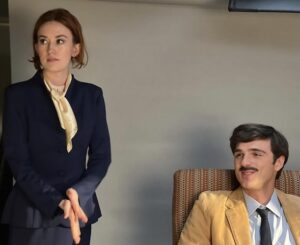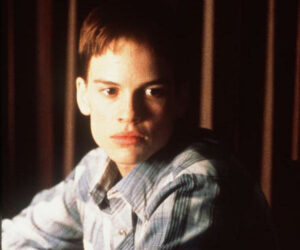Steve Erickson
“Pepe” is an immense achievement: one of the most formally and politically radical narrative films to turn up on the international festival circuit in 2024.
“All We Imagine As Light” is an absorbing celebration of female friendship.
The aim is to evoke, critically, a period when adventure, for men, was about running away to Cuba or going on Kerouac-inspired road trips.
A corrupt media lies at the core of “The Seed of the Sacred Fig”‘s powerful condemnation of Iran’s politics, particularly their treatment of women, often in unexpected ways.
“Hard to Watch” lays out a pragmatic path — directions for how to preserve your time and attention — that will help just about anybody engage with any kind of art thoughtfully and purposefully.
The New York Film Festival’s Revivals section offers a preview of valuable recent restorations. Even if these superb movies don’t all make it to American theaters, they’re likely to pop up on physical media or VOD.
Rock Album Review: Galaxie 500, “Uncollected New York Noise 1988-1990” — Expanding the Band’s Legacy
Through it all, the members of Galaxie 500 have stayed true to the idea of “indie” as a personal and political vision rather than a mere genre tag.
The book’s final words offer hope for the future: “Despite the compromised nature of the trans film image of the past, there are many new horizons possible for the trans film image of the future, and that canvas, with all these images, will tell our story in cinema.”
Director Monia Chokri finds a language for communicating Sophia’s desire without putting her body on display.
Director Takashi Miike’s latest is a killjoy of a film: it doesn’t want to have fun with its material, but it’s impossible to take it seriously.











Recent Comments